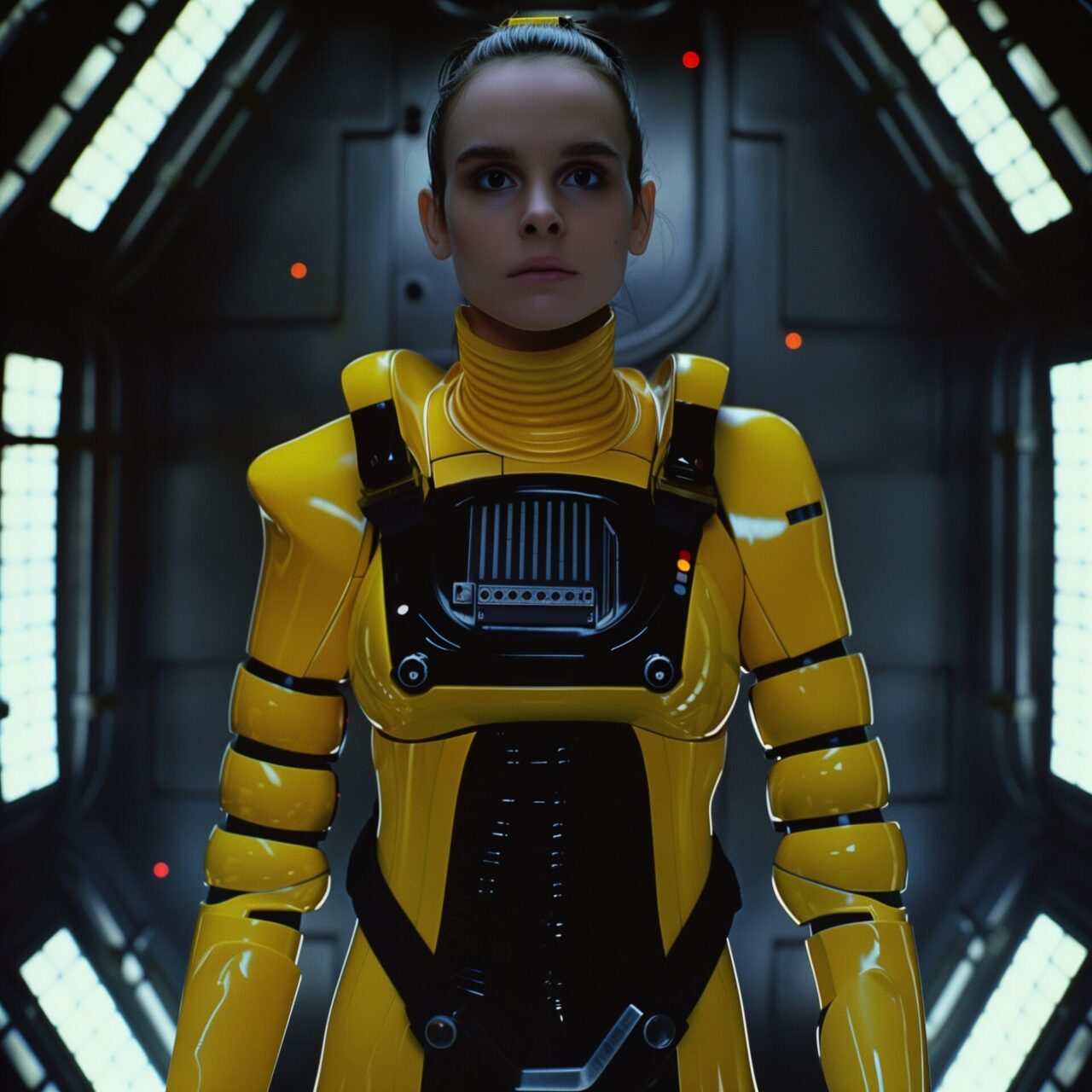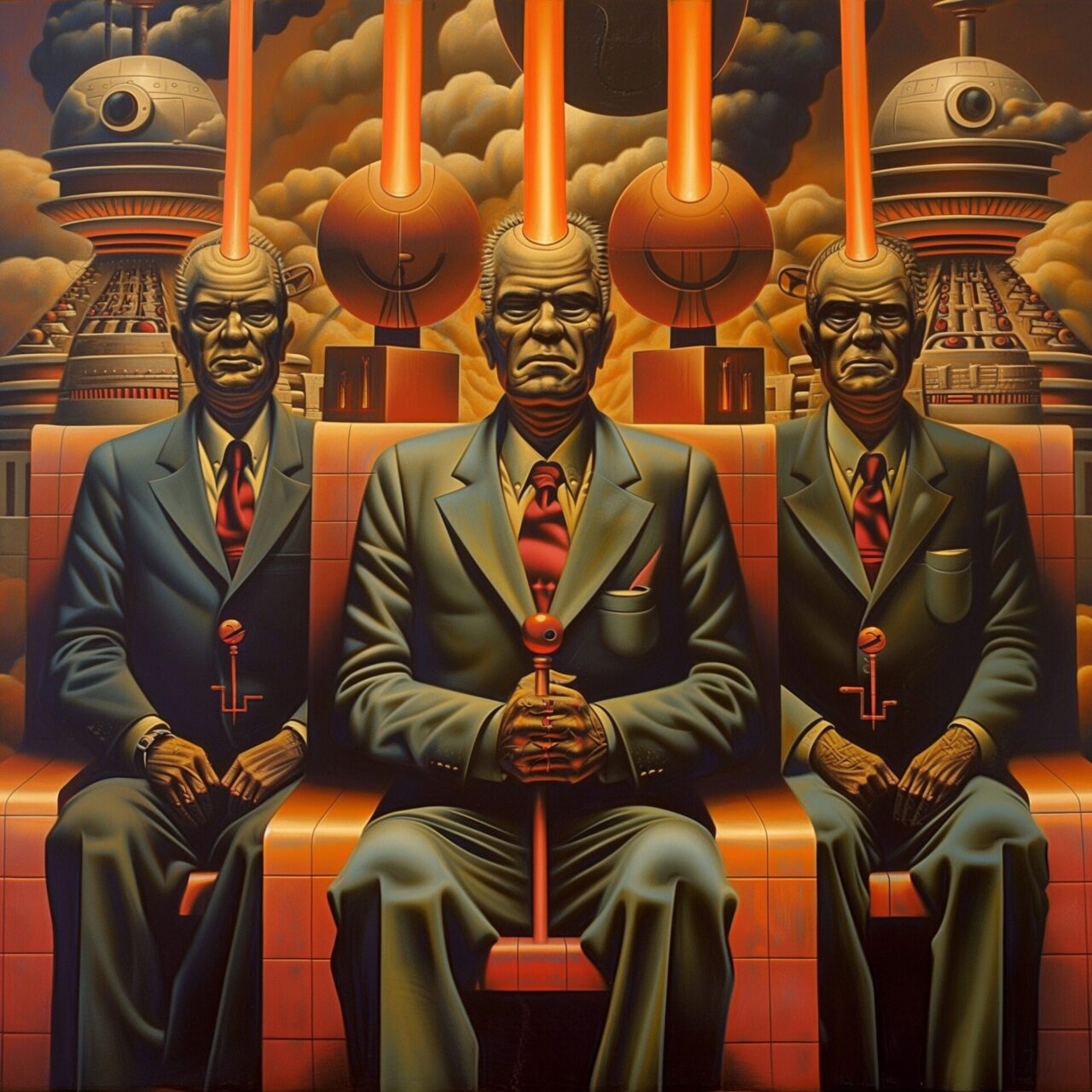
The Japanese mecha culture
The fascination with mechas, i.e. large, piloted robots, is a defining element of Japanese pop culture and has had an influence far beyond its borders. These giant mechanical creatures have become an integral part of anime, manga and films and have also left a remarkable mark on the real world of robotics.
Origins in the post-war period
Mecha culture has its roots in the Japanese post-war period, when the country underwent rapid modernisation and industrialisation. Inspired by American science fiction films and their own cultural narratives about giants and guardian deities, Japanese artists and writers began to develop stories in which giant robots played a central role. The first real mecha anime to be broadcast in Japan was “Tetsujin 28-go” (known as “Gigantor” in the West), which debuted in 1963 and featured a remote-controlled robot.
The rise of mecha in anime
In the 1970s, the anime “Mobile Suit Gundam” revolutionised the mecha genre by depicting robots not just as inanimate machines, but as complex, piloted vehicles used in dramatic war and conflict scenarios. This depiction led to a profound change in pop culture and established mechas as a symbol of personal and collective conflict. The “Gundam” series expanded the genre to include themes such as politics, ethics and human nature, making it an enduring hit.
Technological advances and real-world innovations
The craze for mecha is not limited to fictional narratives. In Japan, the mecha passion has also led to real-world technological innovations. Companies such as Kawasaki Heavy Industries and Honda have developed advanced robots modelled on the movements and functions of mechas. Perhaps the most famous example is the life-size “Gundam”, which was built in Odaiba, Tokyo, in 2009 and has been an iconic landmark ever since. This robot demonstrates not only the technical expertise, but also the cultural heritage that mechas represent in Japan.
Mechas and society
The portrayal of mechas in the media has also raised deeper socio-economic and philosophical questions, such as the role of technology in society, the ethics of artificial intelligence and automation, and the future of human-machine interaction. In an era where drone warfare and automated systems are becoming increasingly prevalent, mecha anime often offer a critical perspective on the potential risks and benefits of these developments.


